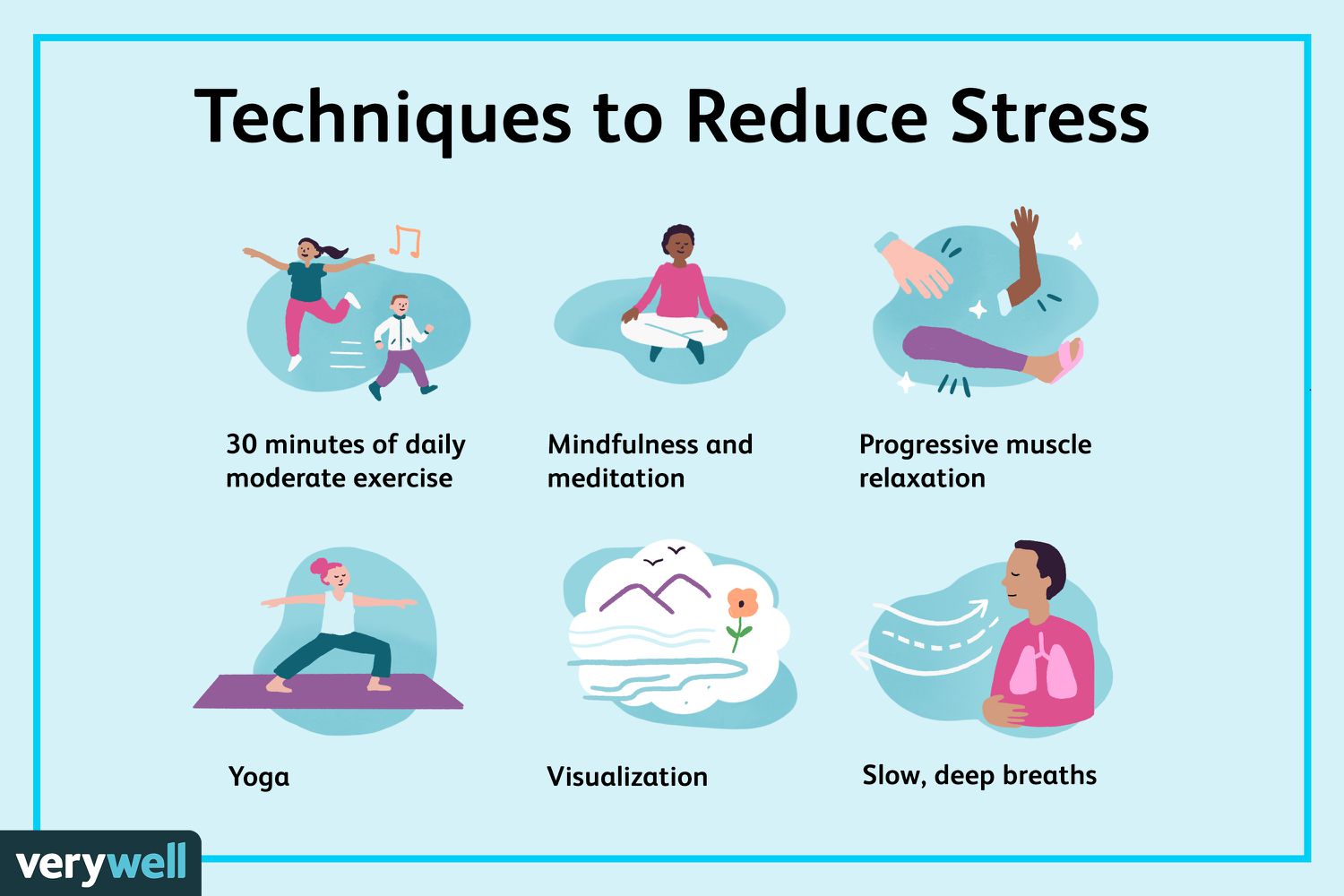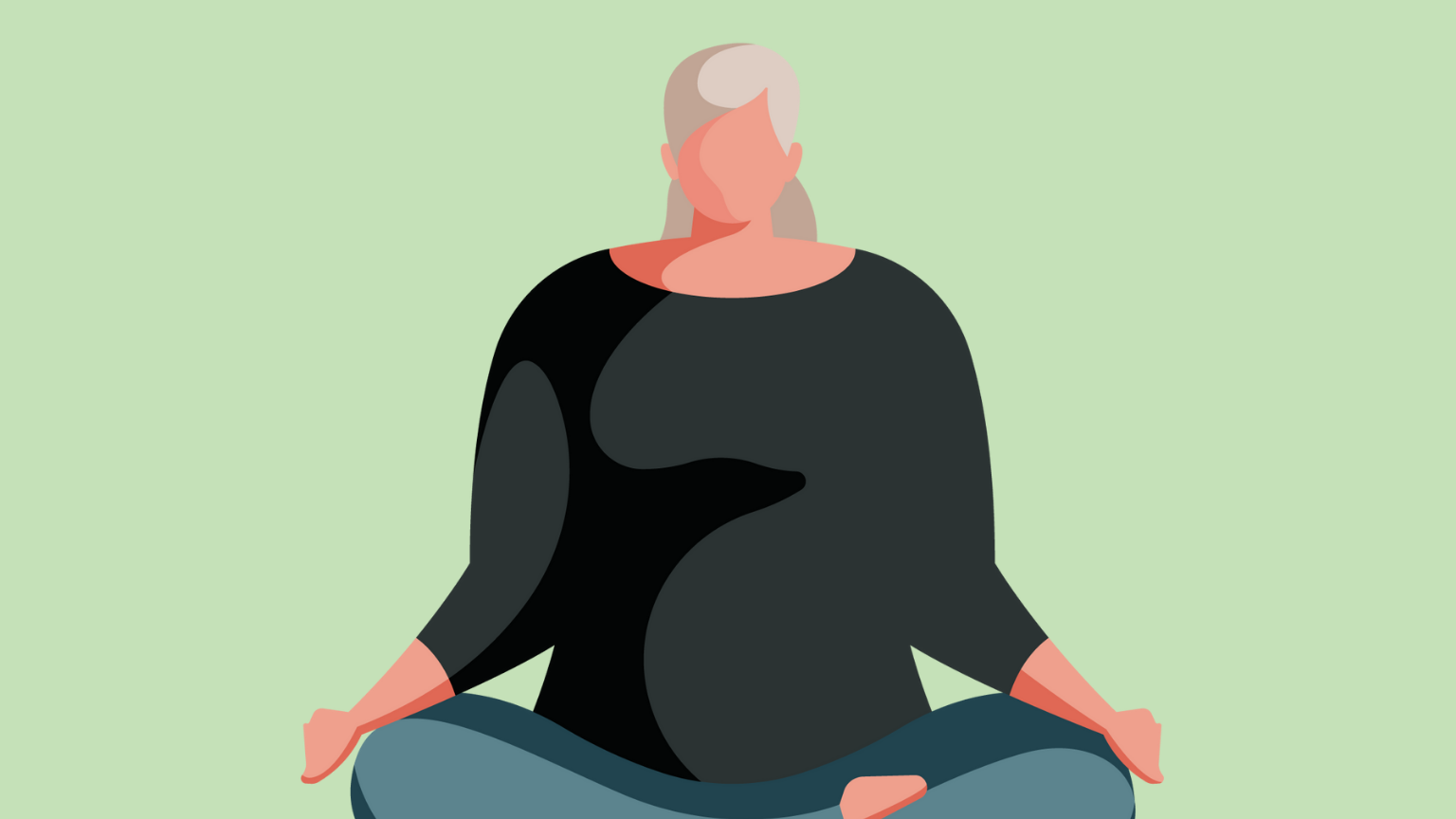5 Mindfulness Techniques to Reduce Stress
In our fast-paced world, stress has become a constant companion for many. Mindfulness offers a powerful antidote to this modern malaise. By bringing our attention to the present moment without judgment, we can break the cycle of stress and anxiety. Here are five scientifically validated mindfulness techniques that can help you find calm amidst the chaos.
1. The Body Scan Meditation
This foundational mindfulness practice involves systematically focusing attention on different parts of the body. Research from Harvard Medical School shows that regular body scan meditation can reduce stress hormones by up to 30%. To practice:
- Lie down or sit comfortably with eyes closed
- Begin at your toes, noticing any sensations without trying to change them
- Gradually move your attention up through your body
- Spend 20-30 seconds on each body part
- When your mind wanders, gently bring it back
A 2018 study in the Journal of Behavioral Medicine found that just 10 minutes of daily body scan practice reduced perceived stress levels by 27% in participants after eight weeks.
2. Mindful Breathing
This portable technique can be used anywhere, anytime stress arises. Neuroscientific research reveals that focused breathing activates the parasympathetic nervous system, triggering the relaxation response.
The 4-7-8 Breathing Technique
- Exhale completely through your mouth
- Inhale quietly through your nose for 4 counts
- Hold your breath for 7 counts
- Exhale completely through your mouth for 8 counts
- Repeat 3-4 times
A 2020 study published in Frontiers in Psychology demonstrated that this technique reduced anxiety symptoms by 34% in high-stress individuals.
3. Walking Meditation
For those who struggle with sitting still, walking meditation offers an active alternative. This practice combines physical movement with mindful awareness.
Key aspects of walking meditation:
- Walk at a natural pace, preferably barefoot on grass
- Focus on the sensation of your feet touching the ground
- Notice the shifting of weight with each step
- When your mind wanders, return attention to the physical sensations
Research from the University of Michigan found that 15 minutes of walking meditation reduced cortisol levels more effectively than conventional walking.
4. RAIN Technique
This four-step process helps manage stressful emotions mindfully:
Recognize
Acknowledge what you're feeling without judgment
Allow
Let the feeling be without trying to change it
Investigate
Explore the feeling with gentle curiosity
Nurture
Offer yourself compassion
A 2019 study in Mindfulness journal showed RAIN reduced emotional reactivity by 41% in participants.
5. Five Senses Exercise
This grounding technique quickly brings awareness to the present moment:
- Notice 5 things you can see
- 4 things you can touch
- 3 things you can hear
- 2 things you can smell
- 1 thing you can taste
Research from Boston University found this technique reduced acute stress symptoms by 63% within minutes.
Creating a Mindfulness Routine
Consistency is key for lasting stress reduction. Start with just 5 minutes daily, gradually increasing to 20 minutes. Morning practice sets a calm tone for the day, while evening practice can improve sleep quality. Numerous studies confirm that 8 weeks of regular mindfulness practice can create measurable changes in brain structure associated with stress regulation.






